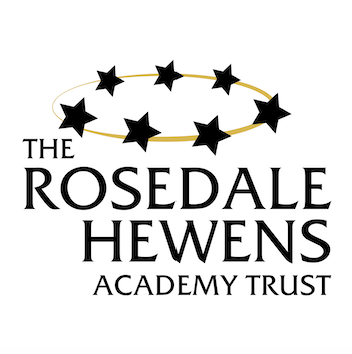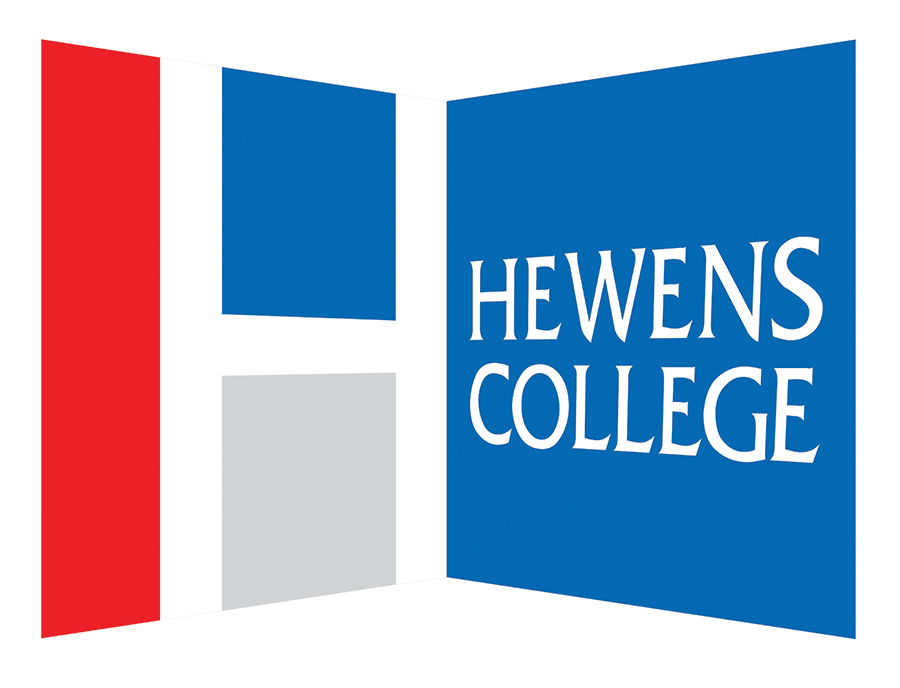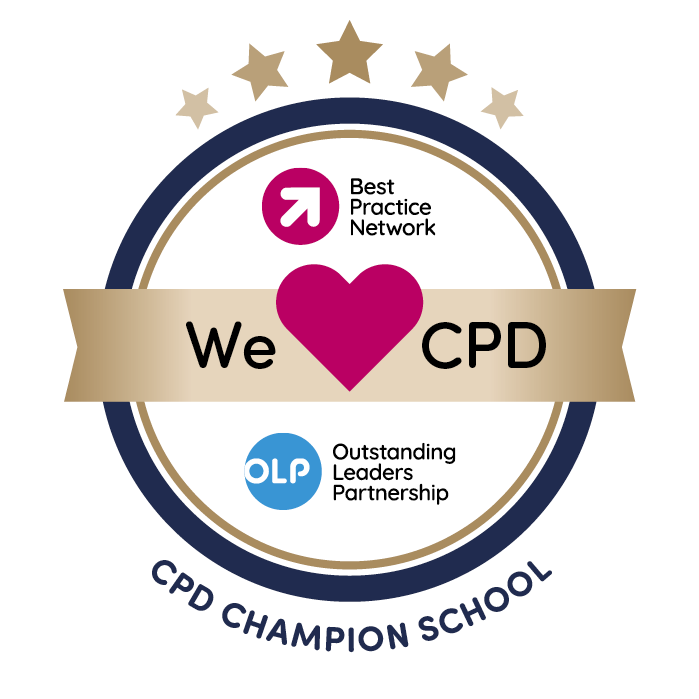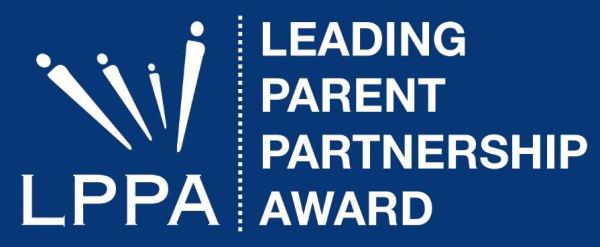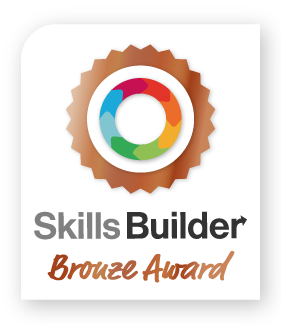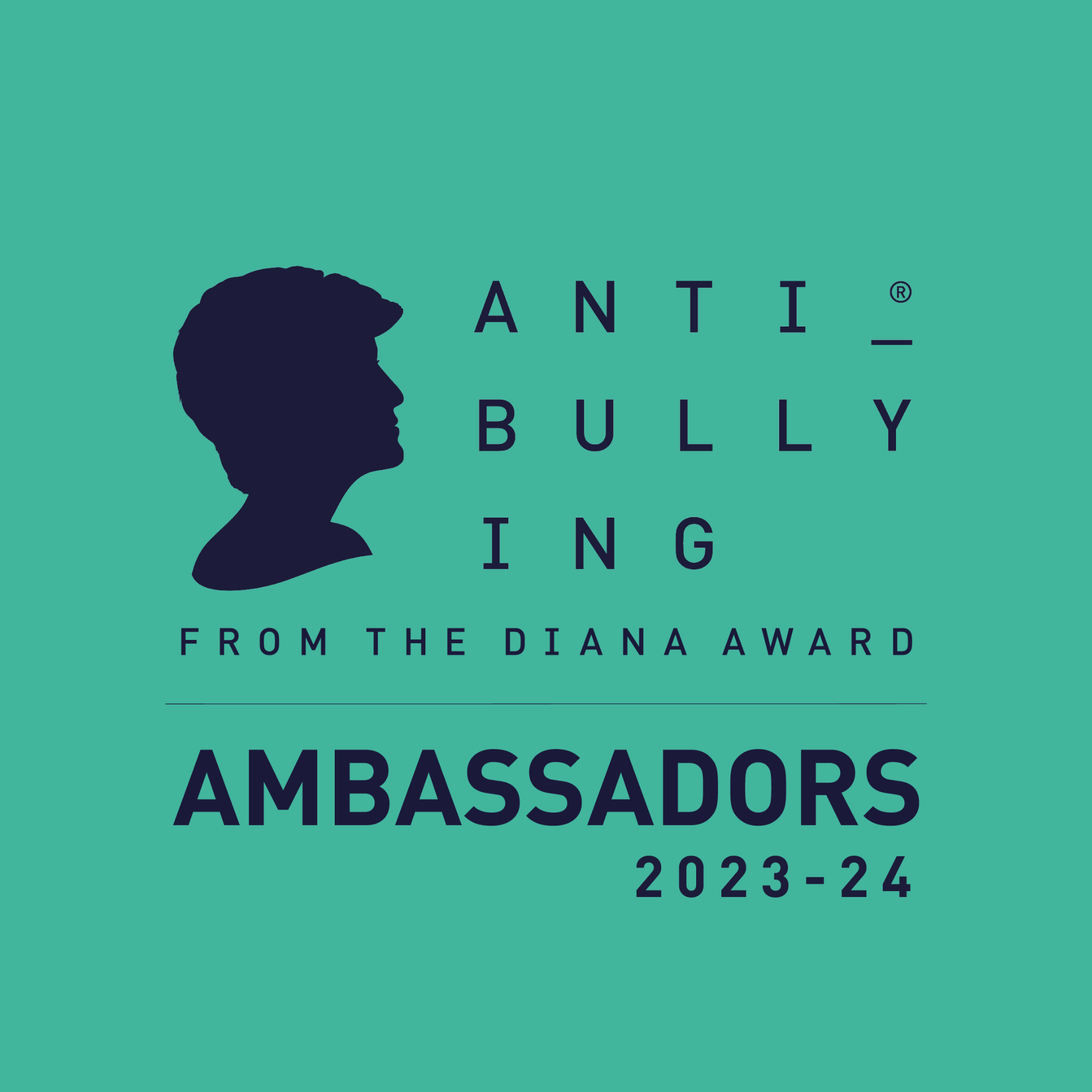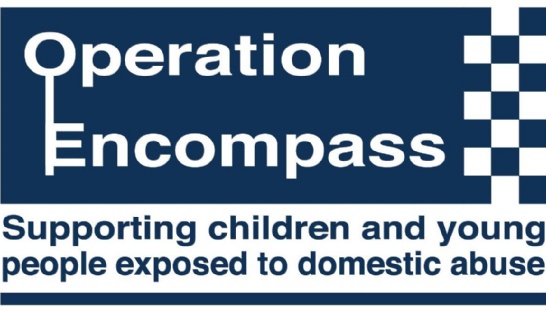Personal Development
The over-arching purpose is of the Personal Development Curriculum at Hewens College is that:
Students will have studied and enjoyed experiences that teach them valuable life skills. They will have developed the confidence, tenacity and intuition to look after themselves and others. They will demonstrate a deep understanding of the beliefs, faiths, cultures, rights and opinions of others and will be openly accepting and tolerant of differences; physical, cognitive or otherwise. Our students will value democracy and independence; they will seek justice in, at times, an unjust world and strive to make it a better place for themselves and those they are in contact with. They will know the value of honesty, kindness, empathy and compassion, as well as hard work, money and relevant qualifications. Our students will be as unique and diverse as the communities and families that they come from and celebrate these with integrity and respect. They will be morally proud and culturally aware. They understand and can apply the skills required to be successful in life and save a life. Students will be honourable and driven to achieve, in relation to their own capabilities; they will be humble in success and dignified in defeat, but they will never give up.
The intent is:
To ensure the holistic development of students through provision of exceptional education every day. To develop and equip students with the outstanding character, social skills and moral compass to drive their own success and make a positive contribution to society.
The discrete aims are:
- To extend our whole college provision beyond the academic, vocational and technical;
- To provide inclusive and accessible opportunities for all students;
- To support and encourage students to pursue their individual talents and interests;
- To provide the opportunities to learn from experience;
- To address the holistic development of all students;
- To ensure our students are safe and happy and know how to maintain these, and what to do if either is compromised;
- To support the successful development of students in many diverse aspects of life.
The aims and intent of the framework are based on the college values of:
- Self-Regulation
- Perseverance
- Integrity
- Resilience
- Industriousness
- Teamwork
In addition, the framework promotes and upholds the values of the Rosedale Hewens Academy Trust, for our students to be: Respectful, Responsible, Reflective, Resourceful, Rational and Resilient.
Personal development involves knowledge, attitudes, skills, relationships and behaviour that can be utilised in and outside the classroom. This involves thinking processes, managing emotions, values and relationships along with a range of life skills that are associated with performing as a successful member of society.
Student Leadership
At Hewens College, we believe that students flourish and develop their character when given the opportunity to lead and to act as role models to younger students. We successfully run Student Leader opportunities throughout the college. Our Student Ambassadors are easily identified by badges worn on their uniform. Throughout the year, all Student Ambassadors are given the chance to support different events across the college, both during the college day and later. This can include helping at our Trust primary schools, parent, guardian and carer evenings, information evenings, lunch time clubs and charity events.
Vision for Student Leadership
The vision for Student Leadership at Hewens College is to develop students' social, cultural and economic capital which prepares them for a range of roles in society as effective citizens, including leadership positions. In addition, that students will have opportunities to actively participate in their college experience, through giving feedback to college leaders on aspects of teaching and learning, wellbeing and wafety, curriculum and enrichment provision.
The aims of student leadership at Hewens College are to:
- Provide opportunities for students to develop leadership skills through a variety of inspiring, challenging and valued projects that impact positively on learning, teaching and well-being for both students and staff at the college;
- Empower students to work with staff towards shared goals;
- Enable creativity to flourish as the college community benefits from the wealth of experiences, ideas, skills and sense of fun that students bring;
- Prepare students for Further and Higher Education and for building personal character.
Intended Outcomes
As participants in their learning, students will contribute to the development and leadership of their college experience. Through their involvement in student leadership, students will develop their communication, self-management and critical thinking skills. Students are given responsibilities which can develop confidence; which are vital skills in any career path. Student Leadership allows our young people to voice their opinion and represent their peers, as well as ensure that the student voice for the college is heard; this gives the college a wider variety of ideas for development from the student perspective.
It is the student Leadership Team that voices the ideas of the entire student body to the college and ensures that the ideas of the students are considered in decisions made. They set out to be excellent role models and encourage others to do the same.
The Student Leadership pathways at Hewens College
Tutor group representatives - Every half-term, each tutor group, with their tutor's support, elects two representatives who will become the tutor group representatives. These students will meet fortnightly with their tutor. These reps support their tutor and the form group with the daily running of the tutor group. Their roles and duties will be agreed with their tutor with guidance from their form tutor and Alliance Director, these may include daily checking of uniform, and updating the tutor group notice board.
Student Council - At Hewens College, we are committed to ensuring that every student is provided with opportunities to have their voices heard. The whole student body will be responsible for electing representatives to the whole college council, using this channel to raise areas for discussion and for hearing, and abiding by, the outcomes. The Council provides a forum where representatives from all year groups raise, discuss and propose resolutions about issues which are important to the students they represent. The process of electing representatives, drawing up agendas and convening meetings will model good democratic practice. Council meetings will provide opportunities for students to take on leadership roles. Student Council representatives are responsible for gathering information from the students they represent and for feeding back after meetings. The Student Council has the right to invite advisors (staff or student groups) to meetings. The Vice Principal or nominated member of staff will be responsible for convening the meetings. Representatives from the council will meet with the school Leadership team on a termly basis and be involved in the consultation process relating to changes to college policies and practices. Members will be responsible for liaising with their form tutor of Alliance Director in the disseminating of information to their Alliance via assembles, form meetings or other routes as agreed with their Alliance Director.
Student Ambassadors- All students in Years 7 and 8 can submit a written letter of application to become a Student Ambassador. Interviews and appointments are made during the second half of the Autumn Term. Their role will involve supporting new Year 7s and students from Hewens Primary School. They will have allocated duty slots in key areas of the school during break and lunchtimes. They will act as ambassadors for college visitors
Senior Student Ambassadors - All students in Years 9, 10 and 11 can submit a written letter of application for a position on the Senior Ambassador team. The duration of the role will be Spring term to Spring term. They will have allocated duty slots in key areas of the college in the mornings and during break times. They will act as ambassadors for visitors to the college. Their duties will also involve leading Key Stage 3 assemblies at key points throughout the year, attending extended-day college events and supporting the college as requested by the school Leadership Team.
Head Student Team - All appointed Senior Student Ambassadors can apply for the position of Head Student. These positions are appointed by the Vice Principal following a written letter of application and a presentation to the Principal and members of the Leadership Team. The role of Head Student will be that of the Ambassador, but with additional duties as delegated by the Vice Principal.
Developing Cultural Capital at Hewens College
What is Cultural Capital?
Cultural capital is the accumulation of knowledge, behaviours, and skills that a student can draw upon and which demonstrates their cultural awareness, knowledge, and competence. It is one of the key components a student will require to be successful in society, their career and the world of work. At Hewens College, we consistently strive to build our student aspirations and expose them to a wealth of experiences to help them achieve goals and become successful.
We recognise that for students to aspire and be successful academically and in the wider areas of their lives, they need to be given rich and sustained opportunities to develop their cultural capital. We do this in many ways, for example, through our curriculum, extracurricular activities, trips and visits and careers activities.
We recognise that there are six key areas of development that are interrelated and contribute to building a student’s cultural capital:
- Personal development
- Social development (including political and current affairs awareness)
- Physical development
- Spiritual development
- Moral development
- Cultural development
It is of the upmost importance for a student’s education to ensure they are supported to be the best they can be within our ever-changing, diverse society.
PERSONAL DEVELOPMENT
- Careers and information, advice and guidance provision
- Student leadership
- Personal, social and health education (PSHE) curriculum including:
- The Alliance Challenge prgramme
- Persnal finance education
- Emplyability skills
- The cllege’s wider pastoral framework
- Transitin support and induction
- Wrk to develop confidence e.g. oracy
- Activities fcused on building self-esteem
- Mental health and well-being prvision
- Frm time activities
SOCIAL DEVELOPMENT
- Mentoring programmes including Ambassador mentoring, numeracy and reading schemes
- Form time activities
- Charity work and fundraising activities
- Access to counselling
- Alliance competitions and activities
PHYSICAL DEVELOPMENT
- Physical Education curriculum
- Duke of Edinburgh Award
- Anti-bullying and safeguarding policies and strategies
- The health, drugs, alcohol, smoking and sex and relationships and elements of the PSHE curriculum
- Extra-curricular provision
- Extra-curricular activities available for unstructured time, including after college, lunch and break times
- Food preparation and nutrition curriculum
SPIRITUAL
- The Religious Education/Citizenship curriculum
- College linking activities – locally, nationally and internationally
- The assembly programme
MORAL
- The Religious Education/Citizenship Curriculum;
- Behaviour and Relationships Policy
- Contributions to local, national and international charitable projects
- The assembly programme
- Form time activities
CULTURAL
- Access to the Arts
- Access to the languages and cultures of other countries through the curriculum and trips and visits
- Promotion of racial equality and community cohesion through the college’s ethos
- Co-operative values
- Assembly programme
- Form time activities
In addition to whole college provision and development of cultural capital, each Alliance or subject makes its own contribution to students’ cultural capital development.

